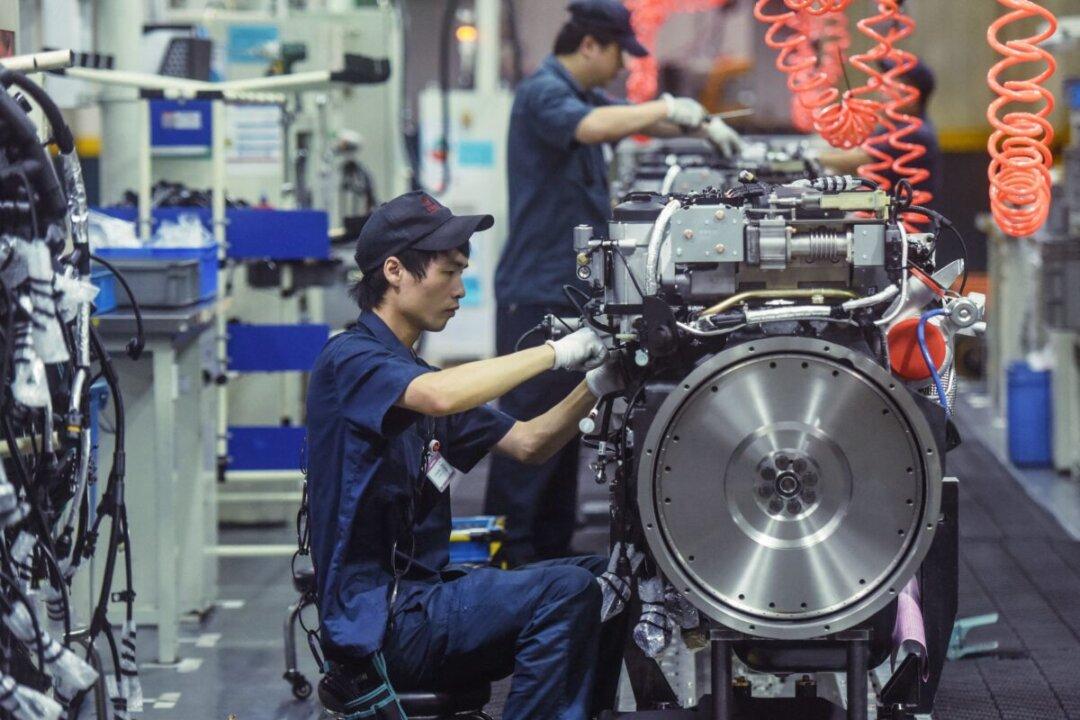Commentary
Factories in China are contracting, which reveal long-term economic trends. Not many people realize that this is the result of faulty dictatorial polices of the Chinese Communist Party (CCP) and will lead to greater losses for the regime.

Factories in China are contracting, which reveal long-term economic trends. Not many people realize that this is the result of faulty dictatorial polices of the Chinese Communist Party (CCP) and will lead to greater losses for the regime.